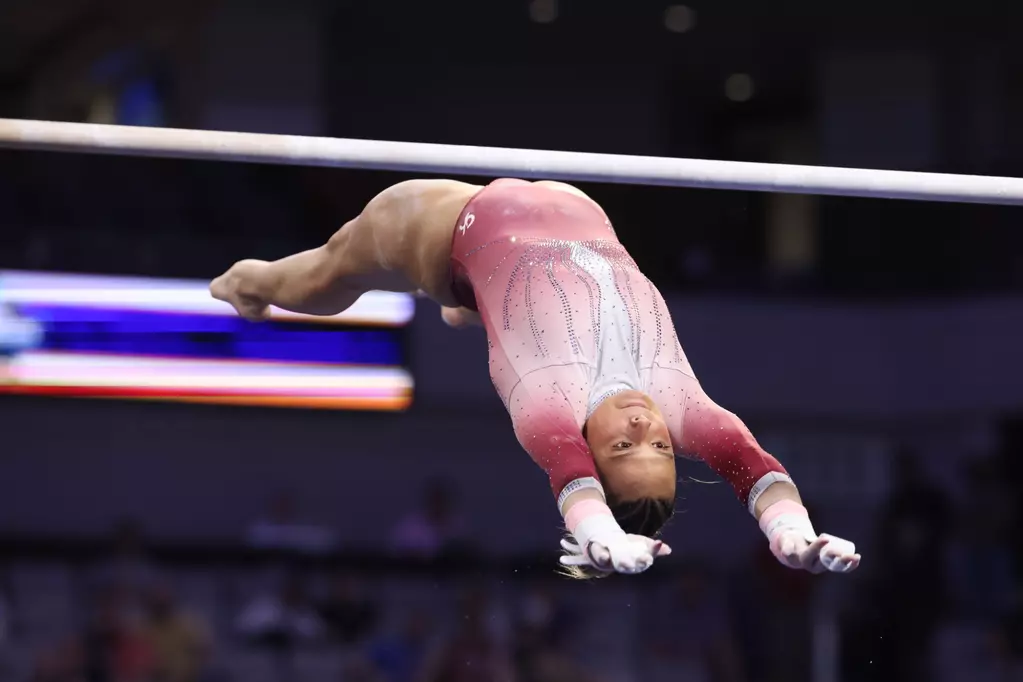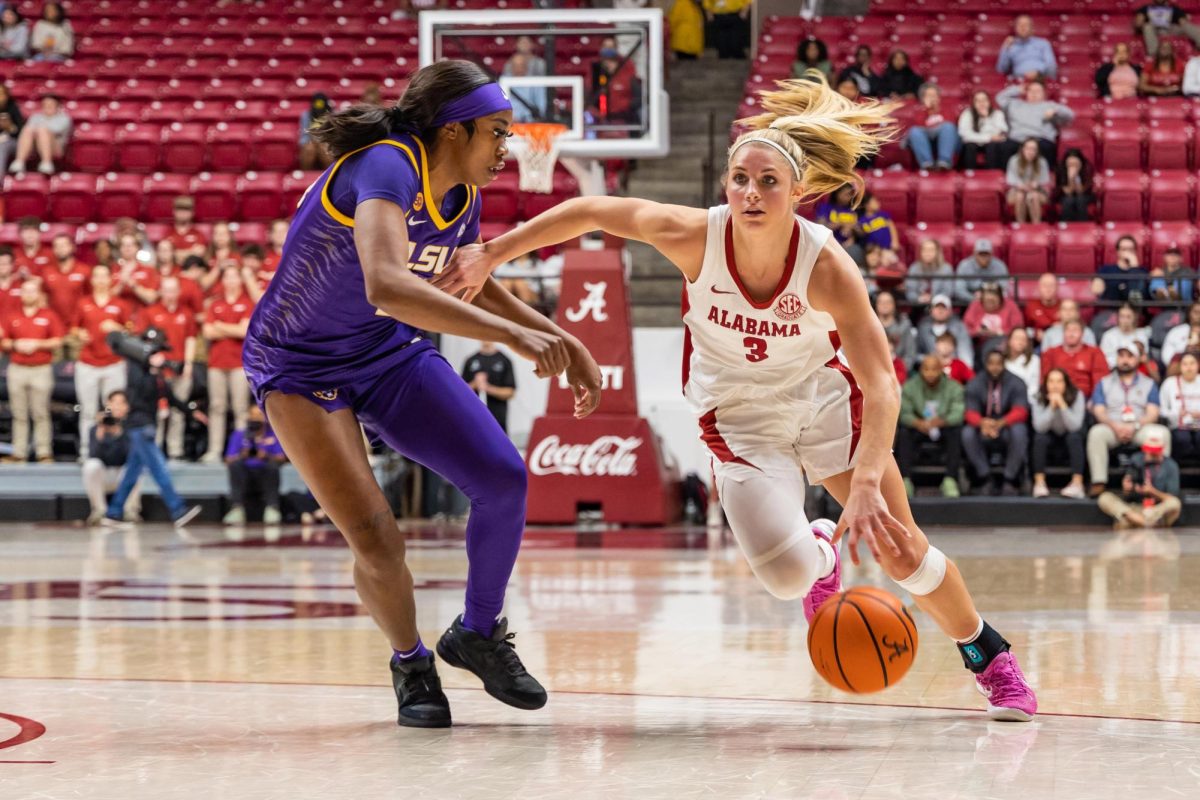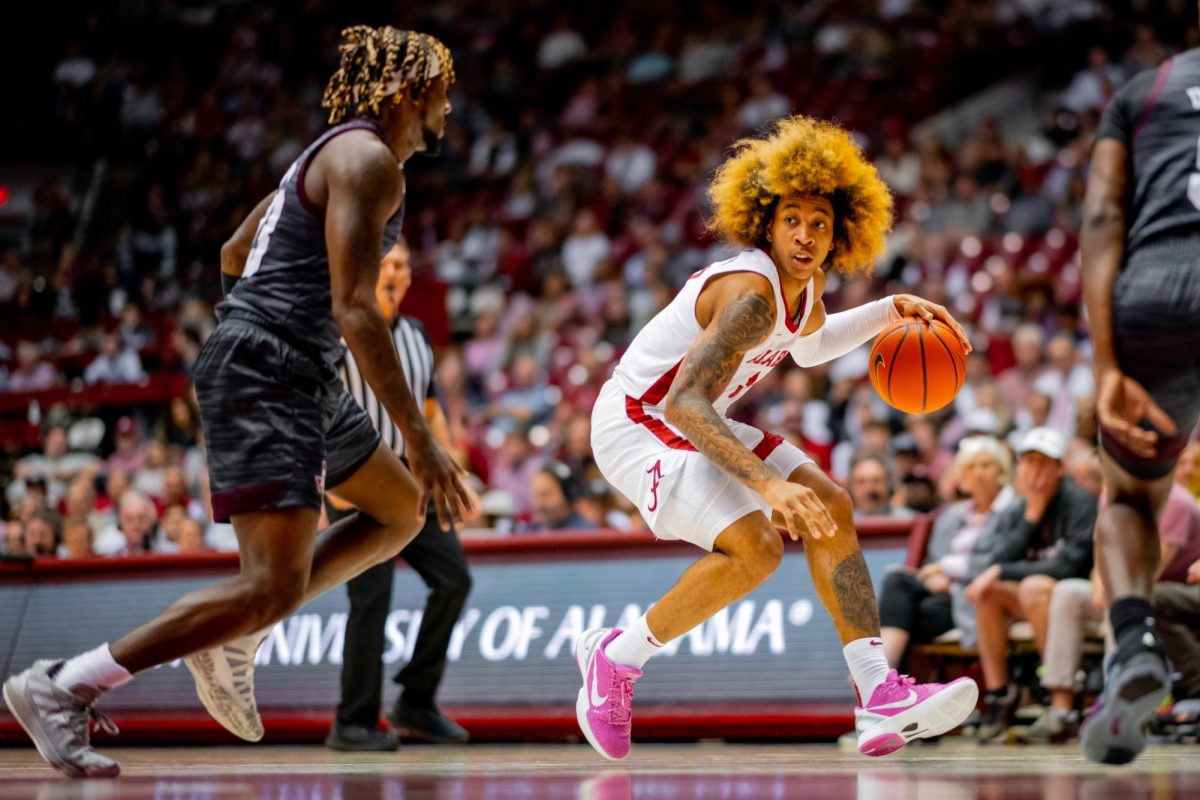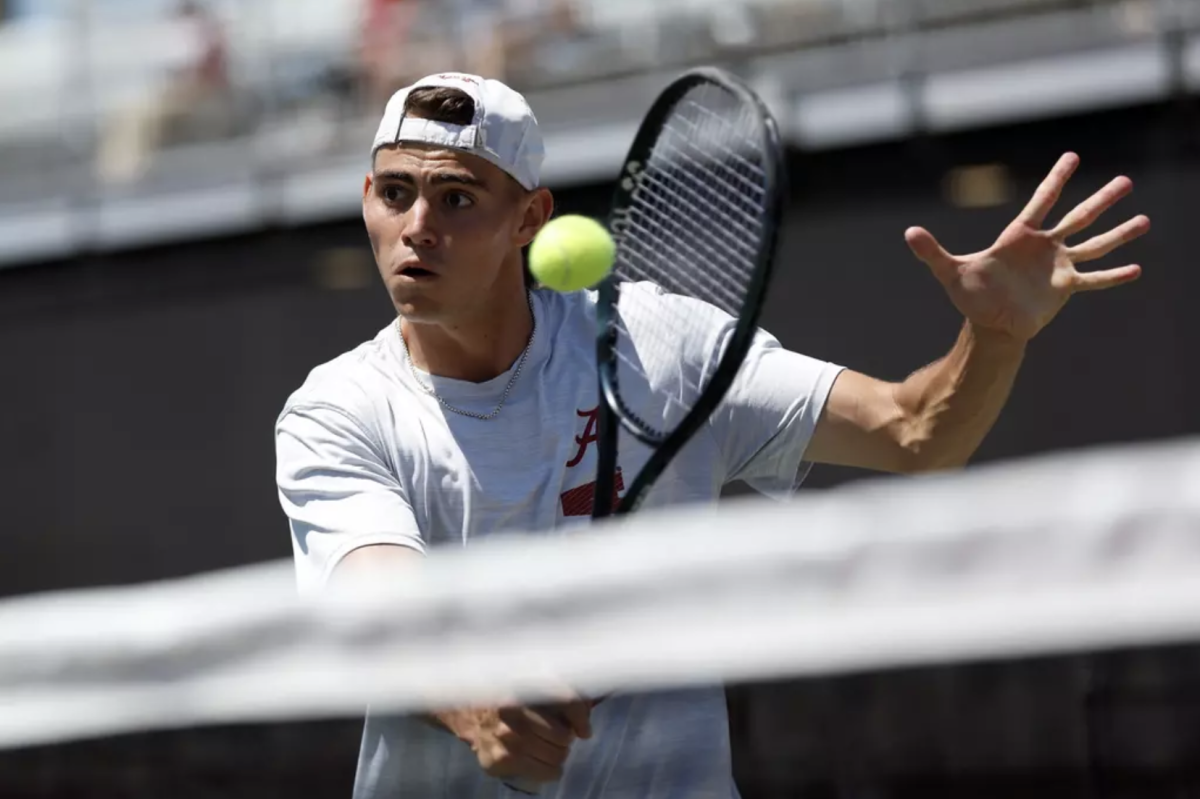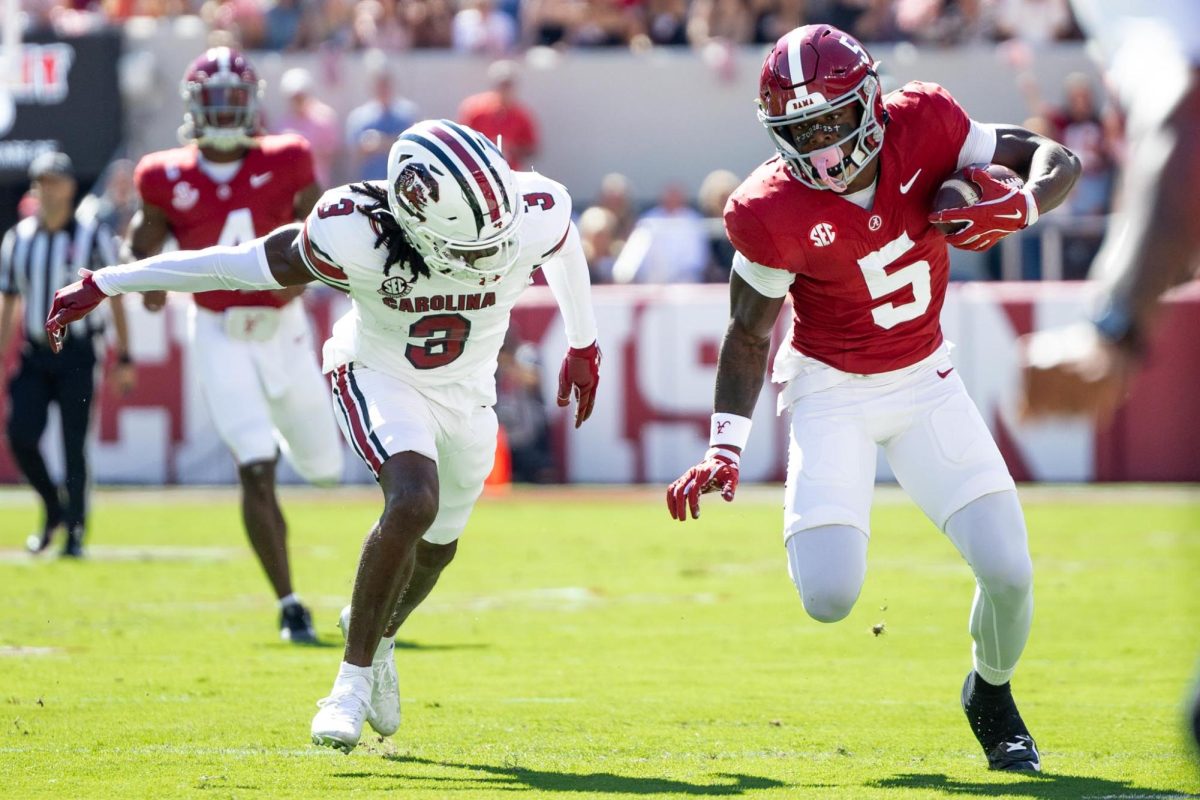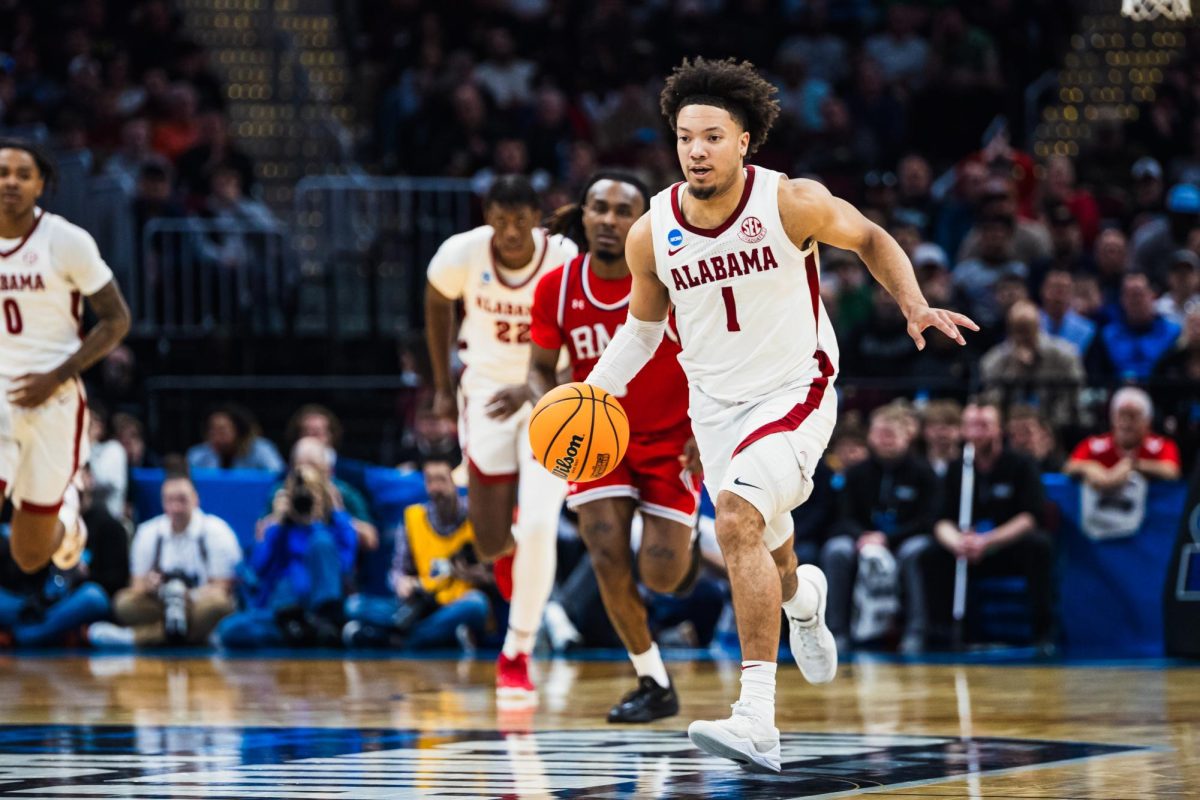I didn’t come across Mal Moore that often during my short time since coming to The University of Alabama. It was either a press conference here or a dedication there. But every time I did, he was extremely warm, welcoming and personable, just like so many others have described since his passing.
The last time I saw Moore, he was on the field in Miami, Fla., after Alabama had won its third national championship in four years under his watch, struggling to find words while admiring all that he had helped build.
“When we hired Coach Saban, I said to him, he’d won a national championship and I wanted to him to have the opportunity to do it again at Alabama,” Moore said at the time. “And has he ever performed.”
And even in a time like that, he would make sure to shake the hand of me or Marqauvius Burnett, our sports editor. In a setting with ESPN, Sports Illustrated and every other major news outlet in the country there, he took time to acknowledge the student newspaper. Moore truly loved everyone at the University from the top down.
Before Florida, I saw Moore at a reunion of former Alabama All-Americans before the Crimson Tide’s game against Texas A&M. Moore was not an All-American himself as a player at Alabama, but he was extremely proud of the gathering, which featured players from countless generations, all the way back to the early Paul “Bear” Bryant years. Again, in that moment he took the time to shake hands with the student newspaper and answer a few of our questions.
I met Moore at the announcement of the Sarah Patterson Champions Plaza, which will honor all champions in sports other than football. Much of that plaza will be filled with accolades achieved under Moore, like the first two national championships of sports outside of football and gymnastics. Moore hired both women’s golf coach Mic Potter and softball coach Patrick Murphy, who won those championships in 2012.
After the announcement, media gathered around Moore and he fielded questions from reporters all across the state about the new plaza. Afterward, as the crowd dispersed and I was about to walk away, he asked me my name – he hadn’t seen me at previous media gatherings. I told him my name and that I was with the student paper and he shook my hand and said nice to meet me.
That’s the kind of person Moore was. And from the countless other stories people have told of him since his passing, it’s hard for me to believe he was being anything other than completely genuine in those three moments. It’s difficult for me to place Moore in Crimson Tide history because I haven’t been alive for much of the University’s storied athletic tradition. But I do know that in the midst of all his success, he took time to say hello and shake a hand.



